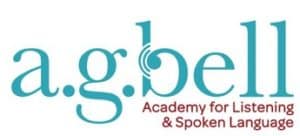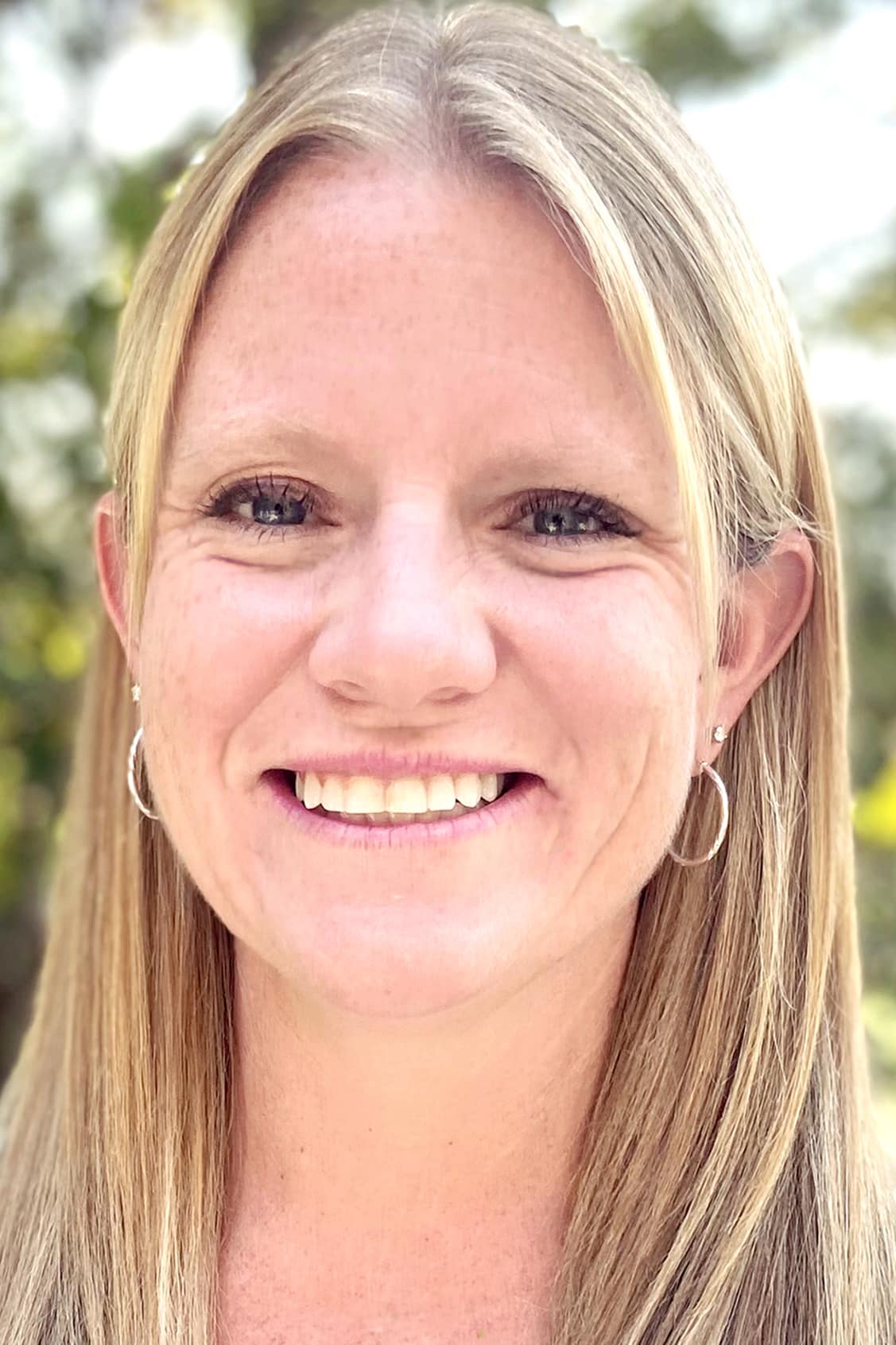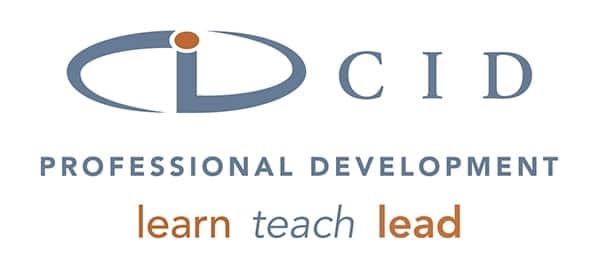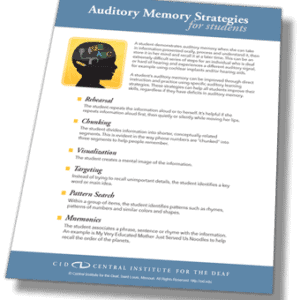Strategies to Develop Auditory Comprehension
Strategies to Develop Auditory Comprehension
Audience: speech-language pathologists, teachers of the deaf, pediatric audiologists
Course Overview: This course covers strategies you can use to help children who are deaf and hard of hearing improve their auditory comprehension skills. A variety of student goals are covered, as well as activities to support these goals. This course is valuable for professionals working in both school and clinical settings, as well as for parents working with their child at home.
Topics Covered:
- Auditory memory versus auditory comprehension
- Signs of poor auditory comprehension
- Strategies to improve auditory comprehension
- Goals and accompanying activities to improve auditory comprehension
- Considerations for teaching lessons
Learning Outcomes
Participants will be able to:
- Define auditory comprehension
- Identify signs and effects of poor auditory comprehension
- Identify critical skills for auditory comprehension
- Describe student goals for the development of auditory comprehension
- Plan activities for each auditory comprehension goal
- Describe strategies and considerations for effectively teaching auditory comprehension
Length: Approximately 30 minutes
Continuing Education Credits


.5 LSLS CEUs, AG Bell Academy
Disclosure Statement

Julie Deno, MA, CED
Financial: Ms. Deno is a Teacher of the Deaf on the staff at CID.
Non-financial: No relevant non-financial relationship exists.
CID – Central Institute for the Deaf has developed and published an auditory training curriculum copyrighted as SPICE for Life 2. This presentation will reference, but not focus on, the SPICE for Life 2 and will include limited or no information on related products.



